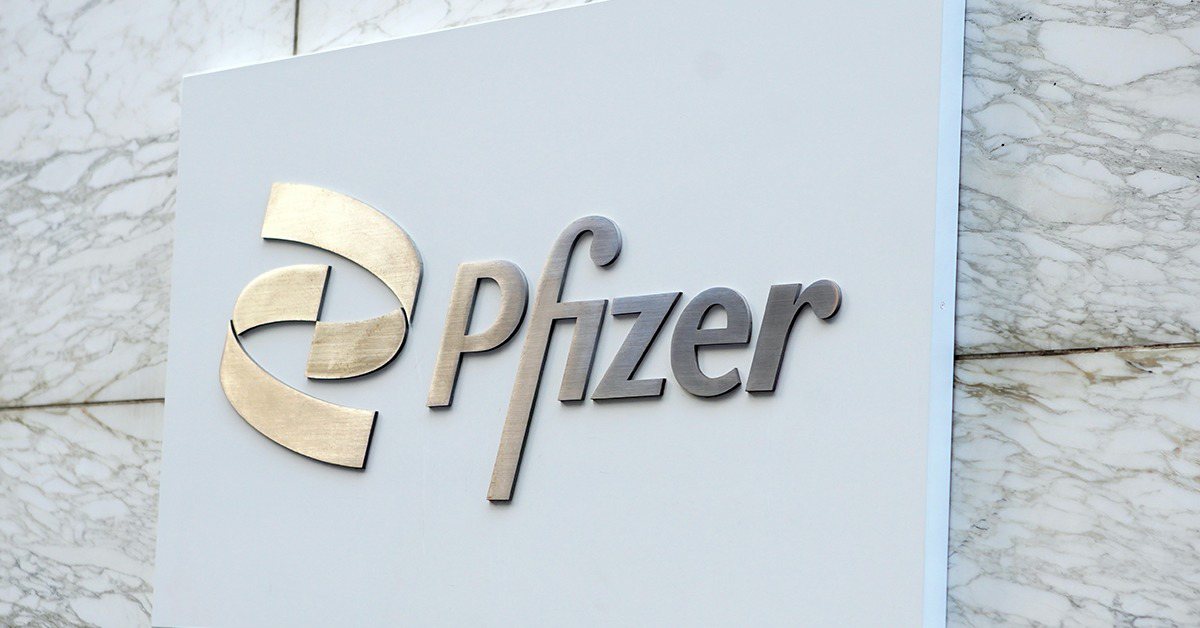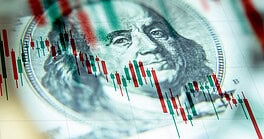Pfizer’s eight tranches of notes, priced from $3 billion to $6 billion each, will mature between 2025 and 2063.

Pfizer inked its largest bond sale ever last month: $31 billion in debt to finance a $43 billion acquisition of US cancer drug maker Seagen.
When the offering closed, industry observers remarked on its size—one of the largest on record—and that it was oversubscribed. Séverine Piot-Deval, healthcare partner at London-based industries analyst Hedder, notes that the deal is industry-specific and indicates that investors are willing to finance issuers with reasonably attractive yields.
“It paves the way for more mergers and acquisitions from the same kind of defensive names, which need growth ahead of significant patent [expirations] and are likely to acquire it,” says Piot-Deval.
Pfizer’s eight tranches of notes, priced from $3 billion to $6 billion each, will mature between 2025 and 2063. The yield to maturity on Pfizer’s 10-year bonds is 4.75%: 125 basis points higher than the 10-year US Treasury note.
The hope is that Seagen’s approved cancer therapies, which logged $2 billion in combined sales in 2022, will bolster Pfizer’s portfolio and help offset what’s likely going to be an ongoing decline in sales of Covid-19 treatments.
Merck, which explored a merger with Bothell, Washington–based Seagen last year, is in a similar predicament. The Darmstadt, Germany–based company, which collaborated with Johnson & Johnson to manufacture Covid-19 vaccines, also expects a decline in demand with a corresponding hit to earnings.
As for regulatory approval, Pfizer expects its Seagen deal to get regulatory approval by 2024, despite the US Federal Trade Commission (FTC) and the Department of Justice seek to block Amgen’s proposed $27.8 billion acquisition of Horizon Therapeutics.
“The same level of scrutiny is expected of the Pfizer/Seagen deal, even though the FTC prevailing in those cases is far from certain,” says Piot-Deval.
Regulatory concerns aside, none of this means other borrowers can count on pulling off deals similar to Pfizer’s. “In more consumer-facing sectors, M&A could indeed be a way to weather a recession, but consumer companies are very diverse,” Piot-Deval says. “Not all of them have the balance sheet and track record needed to raise debt on good terms.”



